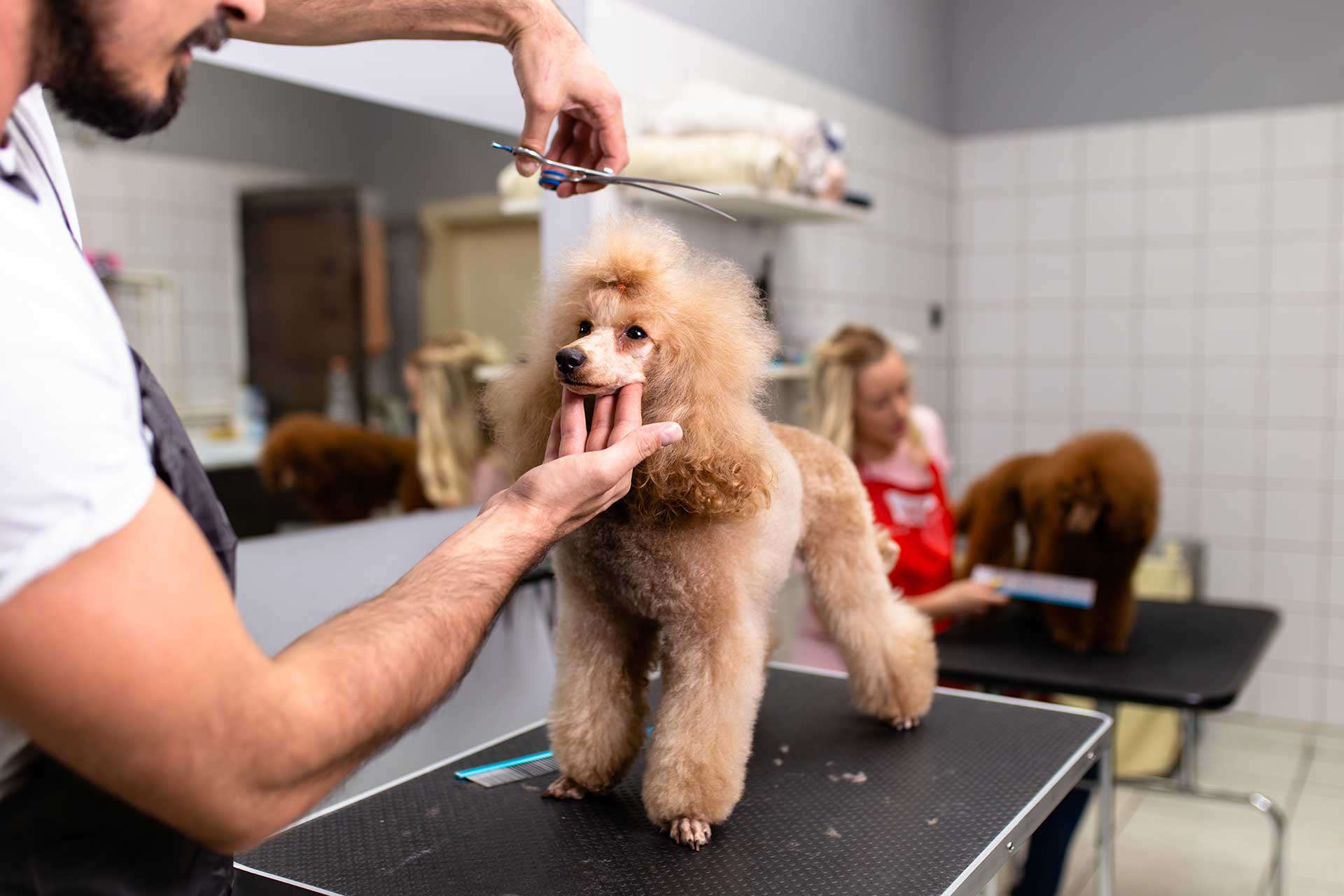Cats Housing
The requirements for a home for a cat are simple. Even though they will likely choose a spot inside or outside that is ideal for them, you should still offer them a chair, a box, or a basket so that they can sit in an area that makes them feel safe and comfortable. Cat cages are also being used by many people to house their outside cats. When they are kept in a place that is protected from the elements, they are shielded from the neighborhood cats and it also helps to preserve the local wildlife. The lives of cats who are kept indoors are typically longer and healthier.
It is also essential that you provide a scratching post for your cat so that they may maintain healthy claws. This also helps to keep their claws in good shape for climbing and self-defense. This will not only help to minimize damage to your furniture, but it will also assist your cat in stretching her muscles and maintaining the optimal condition of her claws.
Litter Training
Cats naturally like to be clean all the time. It is not difficult to toilet train a cat provided that there is access to a litter pan that is either filled with dry dirt, sand, or cat litter. The faeces should be removed from the litter tray on a daily basis, and the litter itself should be changed regularly.
Make sure the litter box is positioned in an area that is both peaceful and out of the way. If you have several cats as pets, you may even need more than one litter box. One tray should be provided for every cat, with one more for good measure.
If a cat’s litter box is unclean, the cat may relieve himself outside of the box on occasion. But before you start blaming the accident on the mischievous actions of your cat, check the condition of the litter box. If it is clean, you should make an appointment with the doctor to check for other issues. Alterations in a cat’s behavior in the litter box may indicate that the animal is suffering from a urinary tract infection or another form of illness.



